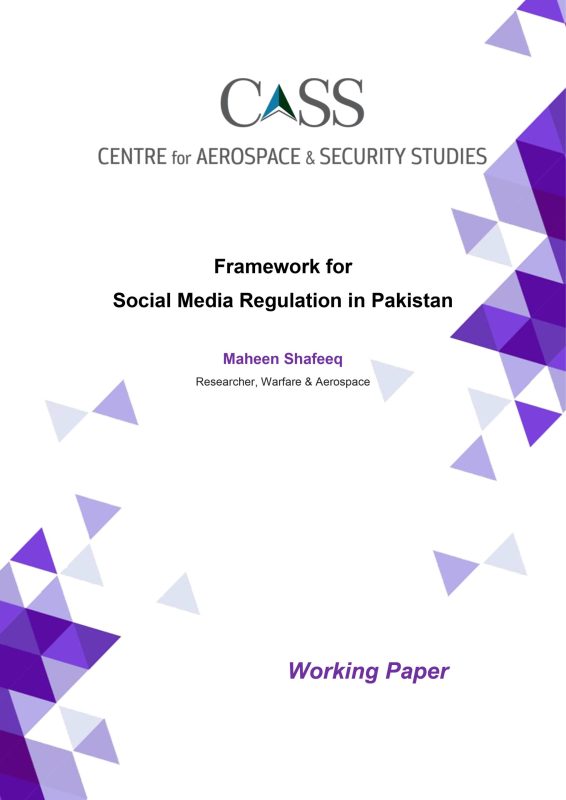Abstract
Social media has emerged as an instrument of online discourse which enables people to create and share content at a prodigious rate. This media is rapidly changing the public engagement environment and setting trends and agendas on matters that range from the environment and politics to technology, entertainment and even warfare. However, social media has also given unregulated power to state and non-state actors to spread misinformation, false news, and disinformation. As this unregulated power continues to grow, governments are demanding the social media networks to regulate their content to minor impact. Due to this reason, states have initiated the process of developing their own social media regulations to address their unique issues. This Working Paper presents three options for social media regulation frameworks: first, self-regulation by social media companies; second, limited government regulations that suggest targeted social media rules to address their shortcomings; third, comprehensive government regulatory mechanisms that use a broad-based approach to social media rules. It is concluded that limited government regulations would be the most suitable solution for a country like Pakistan. Guidelines on how Pakistan can form and adopt this type of framework are suggested.





